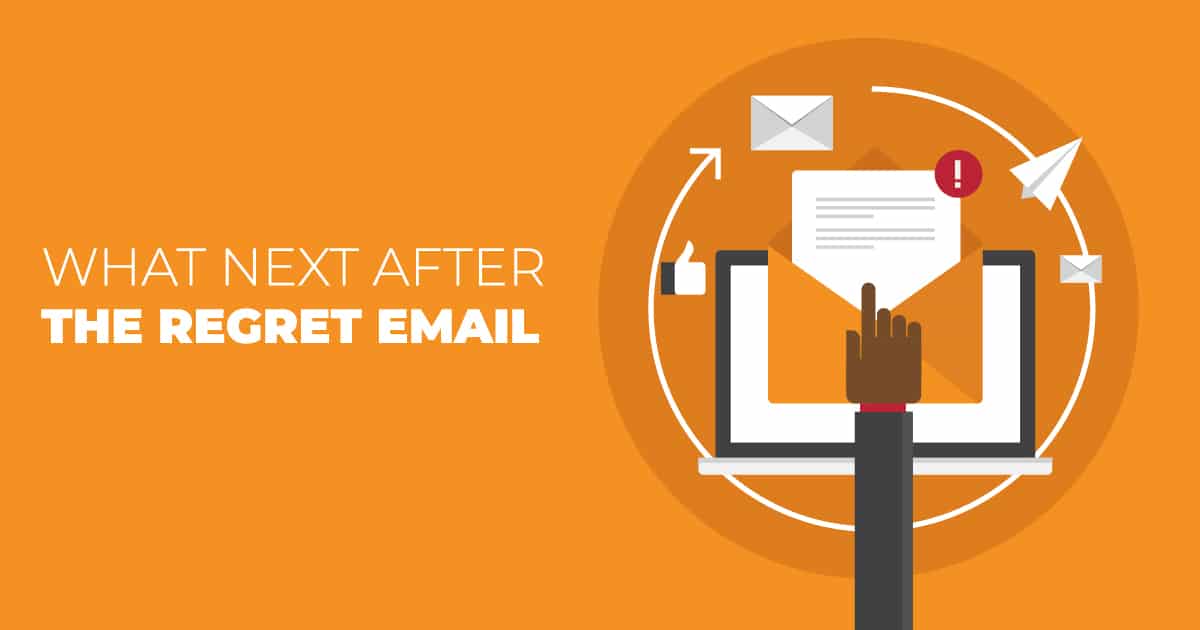We tend to get so excited when we apply for a job. We are even more thrilled when called for an interview because then we are able to prove ourselves and show how much value we can bring to the table. There you are with the interviewer and all he’s doing is praising you for a good CV and excellent scores in your tests. You are told to wait for feedback in a few days and you’re already excited about what’s to come. When you get feedback, it’s a job rejection email. A rejection email can be disappointing especially if it is one of those standard rejection letters that do not delve into the reason for the rejection.
It can be a very stressful situation that if not handled properly, can lead to a loss of self-confidence. Most of us apply for so many jobs before we land our dream job. It’s usually so disappointing when you constantly apply and you never get it. Your CV and cover letter are all updated and your grades are also perfect. It’s important not to take rejection personally as it’s a stepping stone to greater things.
Table of Contents
How should you react to a rejection email?
Write a follow-up email

Don’t get mad for not getting the job instead be gracious for having the opportunity to be in the group of shortlisted candidates. Ask the hiring manager/HR if they could consider you for a future position. State that despite being disappointed you congratulate those that got the job.
A follow-up letter will help you stand out as not many people take their time to write a gratitude letter after failing to get past the interview. Indicate that you would still be willing to work with the company in the future. Note that if you were not impressed by the company, writing a gratitude letter is not necessary as you would not like to work with them in the future.
Know that it’s not always about you
Landing a job depends on a lot of factors. You may have the personality and the brains but someone else may be better qualified or well connected with the people in the organization. Additionally, the decision to pick someone else instead of you is not a choice against you. It’s important to treat this situation as a learning experience and move on. Develop yourself and improve on the skills that the interviewer thought you lacked.
Note that there are many factors that go into choosing the right candidate for the job. Most of which are beyond your control and as a result, you should not be too hard on yourself.
It’s also good to note that not everyone usually gets a reply after applying for a job. Therefore, a rejection letter proves that despite not getting hired, you still caught the attention of the hiring manager.
Develop new tactics

A rejection should be a learning experience. Learn where you went wrong and improve. Always tailor your CV in a way that suits the job that you are applying for. If you were nervous and not prepared for the previous interview, learn from that and do enough research the next time you are called for another one. It’s paramount to stay true to your personality and experience.
Have a second plan
As the job market becomes tight and unpredictable, it is always good to have a second plan. This will ensure that you have something to fall back on to, when your initial plan fails. This is hard for first time job seekers and that is why it is important to approach a job interview with an open mind. Always know that anything can happen and do not pin all your hopes on one job interview. Rejection does not mean the end of the road.
Keep your options open.
Ask for constructive feedback

As we have already established, most companies write standard rejection letters that do not offer any insights on why you particularly missed the opportunity. This can be attributed to the fact that employers interview many candidates and it is tedious to give specific feedback to every interviewee.
However, there is no harm in requesting for constructive feedback after rejection. You can do this by writing a short email to the recruiting manager. A standard rejection email is not feedback and that is why it is advisable to request for detailed feedback once you get the rejection email. Once you get the feedback, take it positively and apply it to future interviews to enhance your chances of landing a job. Constructive feedback also helps you to know your weaknesses and work on them so that you improve your chances of getting a job on your next interview. Life is a continuous learning process.
Life is a continuous learning process.
Learn and Practice
Keep an open mind and always be eager to learn. If it’s an IQ test that you did and you failed to attain the pass mark, begin to look at similar IQ tests and find out how other companies do their interviews. Practice with aptitude tests too and consult those who are more experienced in the field that you want to venture into. A wise man once said that practice makes perfect. The more you do something the better you’ll be at it. Learn from your mistakes and don’t dwell on them as these will only make you self-conscious.
Another learning area is how to tailor your CV accordingly. Every job interview looks for different skills in a prospective employee. It is important to take the feedback you get and apply it to improve your CV writing and interview skills. This will improve your chances of getting that dream job you have been chasing.
Analyse the job interview and see where you may have gone wrong

As much as there are many factors, outside your control that may have led to a rejection, there are also many factors within your control that may have resulted in a rejection. For example, maybe you were too nervous during the interview which made it difficult for you to respond to the questions properly.
It is important to objectively review your conduct during the interview so that you can know what you need to improve on. A detailed feedback may not always be easy to get and this is why it is important for you to also have an objective look at the interview, once you get a rejection email. However, be careful not to over-analyze the situation. Most people play and replay the interview episodes in their mind while trying to find the problem. This can be detrimental as you can create non-existent problems.
Accept the situation

A rejection can be devastating and if not taken positively, it can lead to depression. It is okay to feel sad and even annoyed if you are rejected for that job that you have been aiming for. Take your time to process the emotions then accept that rejection is part of life. It may have been your dream job but missing it should not spell doom for your future and your skills.
Do whatever you have to do to overcome the sadness. It is allowed. Then, take everything in your stride and accept that you lost the opportunity due to many factors, some of which are beyond your control. Acceptance also helps you to tackle future interviews objectively because a rejection can often lead to lack of confidence, which has the real danger of affecting how you perform in future interviews.
In conclusion, rejection should not spell doom on your career. A job rejection is caused by many factors, most of which are beyond your control. The best way to move on is to take it as a learning opportunity and use the experience to tackle future job interviews successfully.





